SMD
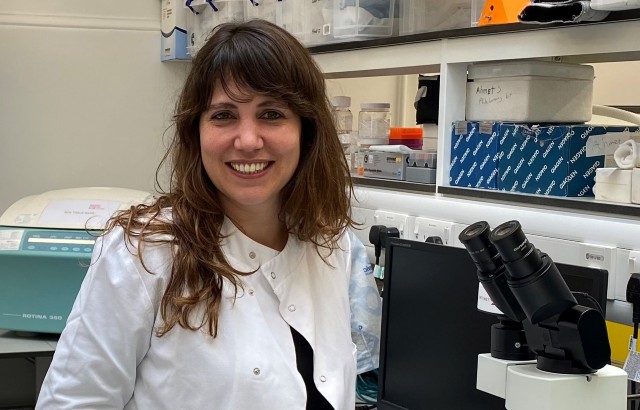
13, December , 2022
Collaboration will leverage Envisagenics' SpliceCore® AI platform for expanded discovery and research in hematopoietic cancers
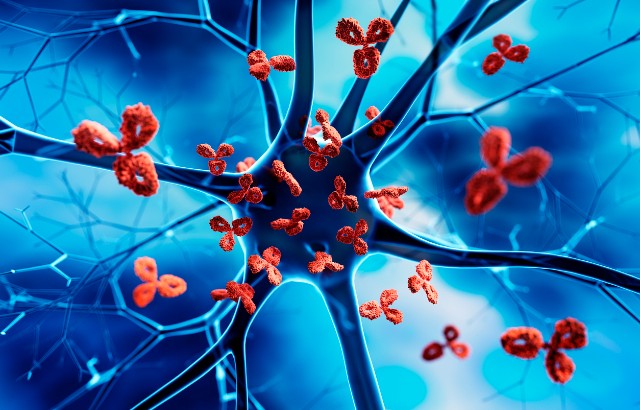
13, December , 2022
Richard David Leslie, Professor of Diabetes and Autoimmunity at Queen Mary University of London, has written for the Conversation on stiff person syndrome.

13, December , 2022
The UK Government has today (13 December) announced the launch of a Newborn Genomes Programme, a new research study that will explore the effectiveness of using whole genome sequencing to detect rare diseases in newborn babies.

9, December , 2022
Two papers from Queen Mary University of London have been selected by experts in genomic medicine in the ten most important advances in applying genomic medicine to clinical care in 2022.

7, December , 2022
Scientists link dozens of new genome sites to coronary artery disease risk and pioneer a powerful method for illuminating the biological roots of common disease.

2, December , 2022
There has been an increase in neighbourhoods in north east London where fewer than 60% of children receive their first MMR vaccine on time following the pandemic, according to research from Queen Mary University of London.

24, November , 2022
£50 blood test could improve diagnosis of myocarditis and help patients get lifesaving treatment earlier
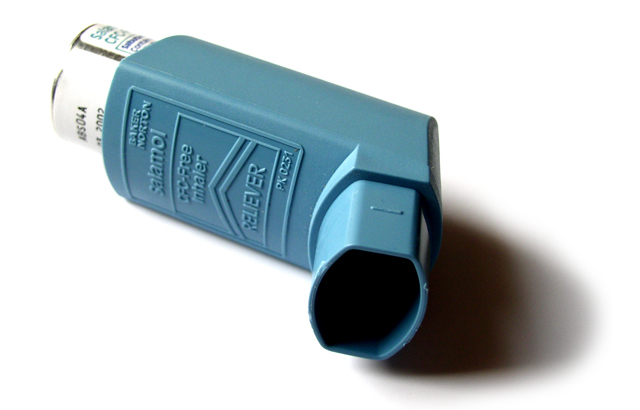
24, November , 2022
Adults with asthma had, at one point, an approximately doubled risk of a severe asthma attack after Covid-19 restrictions were relaxed in the UK, according to new research from Queen Mary University of London*, funded by Barts Charity.
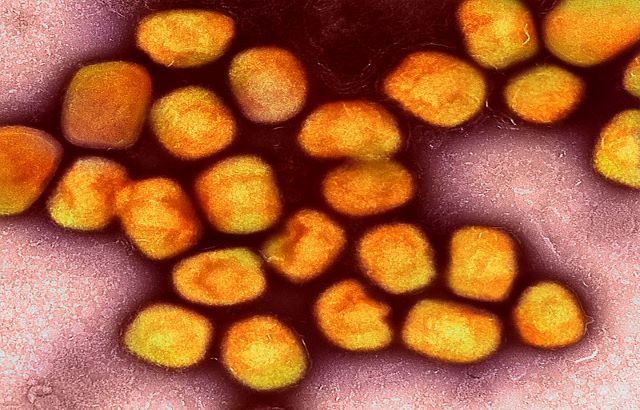
21, November , 2022
Dr Chloe Orkin, Professor of HIV Medicine at Queen Mary University of London and Director of the SHARE collaborative, has written for The Conversation after leading an international collaboration of clinicians to publish the first case study series of monkeypox infection during the 2022 outbreak in cisgender (cis) and transgender (trans) women and non-binary individuals assigned as female at birth.

17, November , 2022
An international collaboration of clinicians, established and led by Professor Chloe Orkin at Queen Mary University of London, has published the first case study series of monkeypox infection during the 2022 outbreak in cisgender (cis) and transgender (trans) women and non-binary individuals assigned as female at birth.

16, November , 2022
With the rapid rise in the growth and professionalism of women’s football in the UK, more research is needed into gender-specific technology to help elite female footballers perform at their best, according to research led by Queen Mary University of London and co-authored by England captain Leah Williamson.

16, November , 2022
This new investment in our unique learning space will ensure that Centre of the Cell continues to inspire young people in East London and beyond.

5, September , 2022
We are delighted to announce the appointment of Professor Claudia Langenberg as the Director of Queen Mary’s new Precision Healthcare University Research Institute (PHURI).

25, January , 2022
New research by Action on Salt from Queen Mary University of London has revealed that two-thirds of all chilled sliced meats including sliced ham, chicken, corned beef and salami sold by leading grocery retailers are dangerously high in salt – with one in three failing to meet the national salt reduction targets.
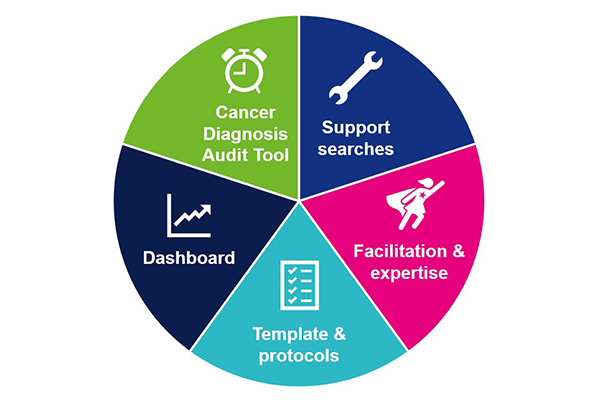
1, November , 2022
The Clinical Effectiveness Group (CEG) has launched a Cancer Toolkit to GP practices across North East London. It includes a clinical template, patient record searches, a data dashboard and a new Cancer Diagnosis Audit Tool. Together, the resources will support GP practice teams to address inequalities and deliver timely cancer diagnosis and care for everyone who needs it.

6, September , 2022
Queen Mary’s Clinical Effectiveness Group (CEG) is collaborating with the NHS in North East London, providing intelligence to inform the logistics of the immunisation campaign and software tools to ease the burden for GPs.
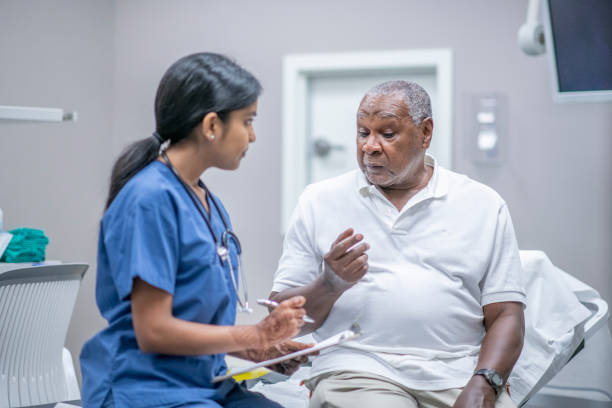
7, March , 2022
Hearing loss and epilepsy are early features of Parkinson’s, according to pioneering new research from Queen Mary University of London – the first UK study of the condition in such a diverse population, published today in JAMA Neurology.
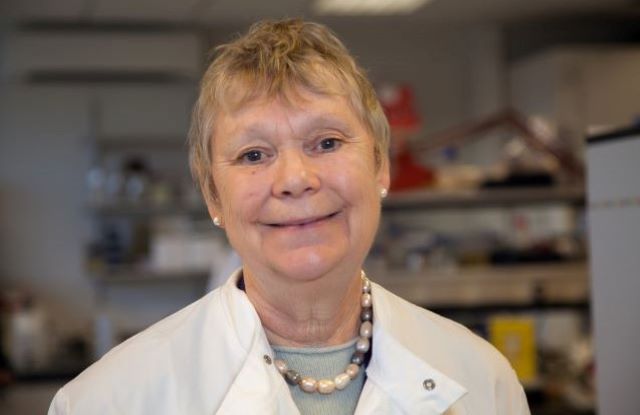
12, October , 2022
Professor Fran Balkwill from Barts Cancer Institute at Queen Mary University of London has received a UK Research and Innovation (UKRI) Frontier Research grant of over £2 million to investigate the most effective ways to remodel cancers to enhance the effects of immunotherapy.

14, October , 2022
Barts Health NHS Trust have received £20.9 million in funding from the National Institute for Health and Care Research (NIHR), providing a major boost to their plans to tackle health inequalities and deliver pioneering, innovative healthcare to the people of east London and beyond.

4, November , 2022
A collaborative study in Nature Genetics has led to largest and most comprehensive analysis of the entire genomic landscape of the most common type of blood cancer called chronic lymphocytic leukaemia (CLL), as part of Queen Mary's 100,000 Genome Project.
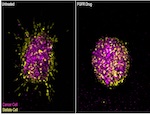
10, November , 2022
Researchers from Barts Cancer Institute at Queen Mary University of London have identified a new channel of communication through which non-cancerous cells drive the invasion of cancer cells in pancreatic cancer.

10, November , 2022
A new study co-led by Queen Mary University of London’s Professor Claudia Langenberg, newly appointed Director of the Precision Healthcare University Research Institute, undertaken in her prior roles at the Berlin Institute of Health at the Charité (BIH) and University of Cambridge, and Professor Adam Butterworth at the University of Cambridge, has discovered more than 300 regions in the genome that contribute to a person’s ‘chemical fingerprint`.
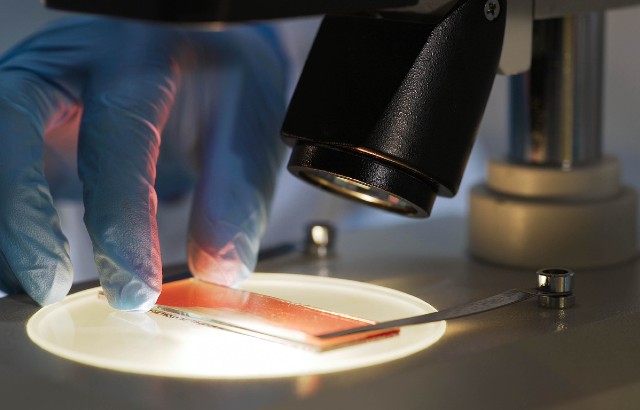
10, November , 2022
New research led by Queen Mary University of London’s Professor Claudia Langenberg, newly appointed Director of the Precision Healthcare University Research Institute, undertaken in her prior roles at the Berlin Institute of Health and University of Cambridge, has identified a three-protein signature in the blood that can improve detection of impaired glucose tolerance, a form of prediabetes.
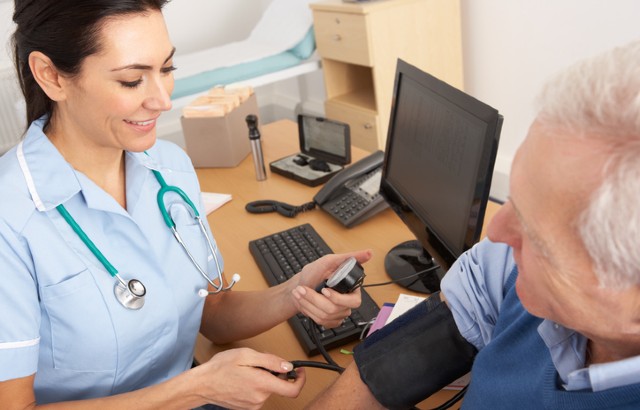
7, November , 2022
A new drug called Baxdrostat has been shown to significantly reduce high blood pressure (hypertension) in patients who may not respond to current treatments for the condition, according to results from a phase II trial led jointly by a Queen Mary University of London researcher and colleagues at CinCor Pharma, USA.

26, October , 2022
Professor Victoria Bird, a researcher at Queen Mary University of London (Unit for Social and Community Psychiatry), has been awarded a £7m grant from the National Institute for Health and Care Research (NIHR) to develop a new Global Health Research Centre with partners across Latin America.
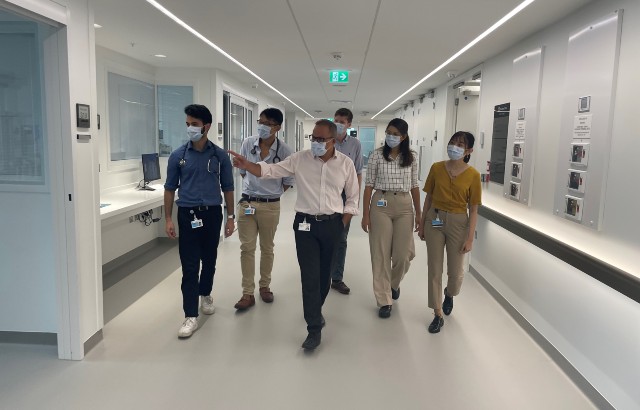
25, October , 2022
Cleveland Clinic London has begun training final year medical students from Queen Mary University of London’s Faculty of Medicine and Dentistry in an education collaboration that will help train the next generation of medical professionals.
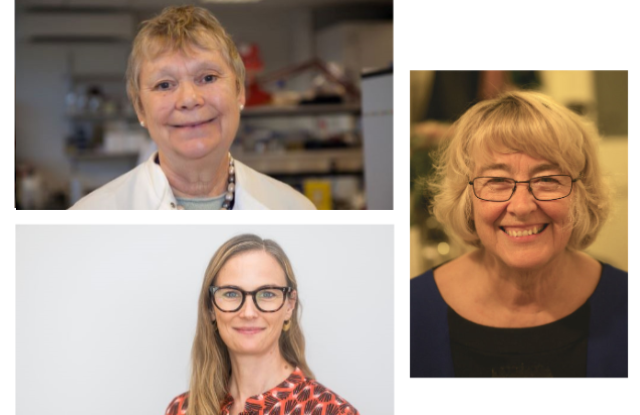
21, October , 2022
Frances Balkwill, Irene Leigh and Claudia Langenberg have been named in research.com’s top 100 female scientists in the UK.

12, October , 2022
An international team of researchers, including experts from Queen Mary University of London and the GIANT consortium, have identified over 12,000 genetic variants that influence a person’s height.
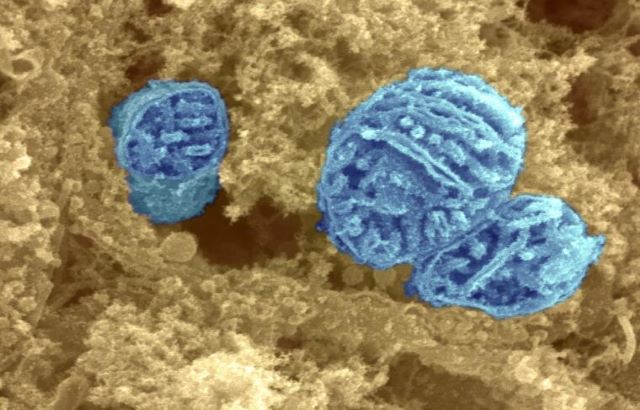
5, October , 2022
Scientists have shown that in one in every 4,000 births, some of the genetic code from our mitochondria – the ‘batteries’ that power our cells – inserts itself into our DNA, revealing a surprising new insight into how humans evolve.

19, September , 2022
New research, co-led by Dr Benjamin Werner from Barts Cancer Institute and Dr Weini Huang from the School of Mathematical Sciences at Queen Mary University of London, indicates that the circular DNA structures present in around a third of cancers lead to extensive genetic diversity within tumours, giving them the ability to adapt rapidly to environmental stress and resist targeted cancer treatment.
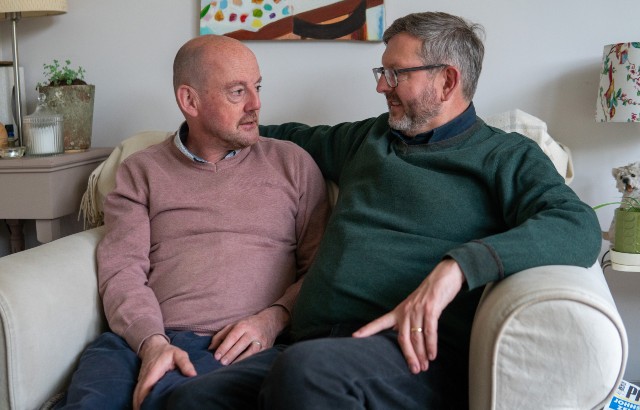
3, October , 2022
A study of nearly 600,000 people in England shows that suicide risk in the first three months following a dementia diagnosis for patients aged under 65 is nearly 7 times higher than in patients without dementia.
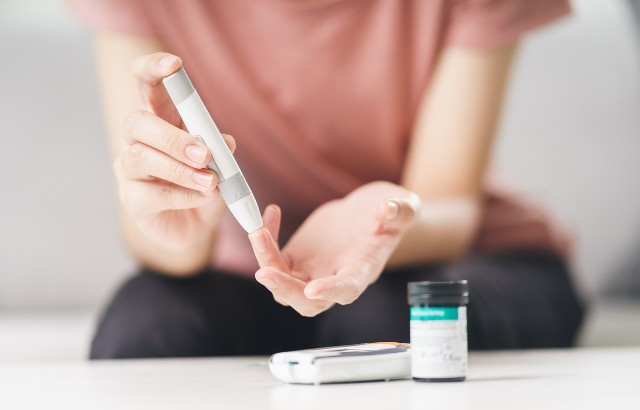
4, October , 2022
Children and young adults* with Down Syndrome are four times more likely to be diagnosed with diabetes, according to new research led by Queen Mary University of London and King’s College London.

27, September , 2022
Healthcare professionals working during the coronavirus (COVID-19) pandemic are up to 3.3-times more likely to be burned out compared to non-healthcare professionals, despite the rates of mental health issues being similar, according to new research led by Queen Mary University of London.

23, September , 2022
A new team of Deputy Directors of Clinical Research has been appointed jointly by Queen Mary University of London and Barts Health NHS Trust to support the work of recently appointed Director of Clinical Research, Professor Rupert Pearse.
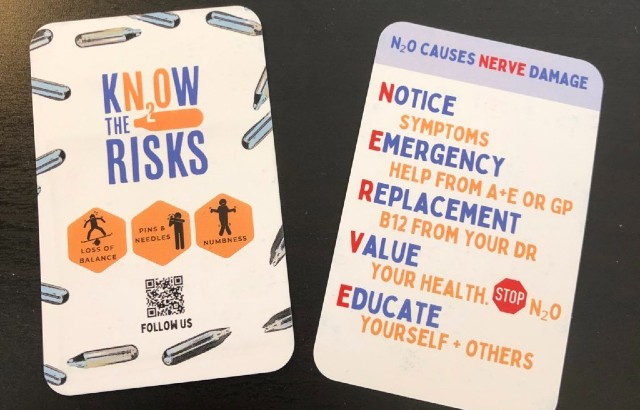
20, September , 2022
Medical students at Queen Mary University of London have launched a public health campaign to educate teenagers on the neurological risks of using nitrous oxide.
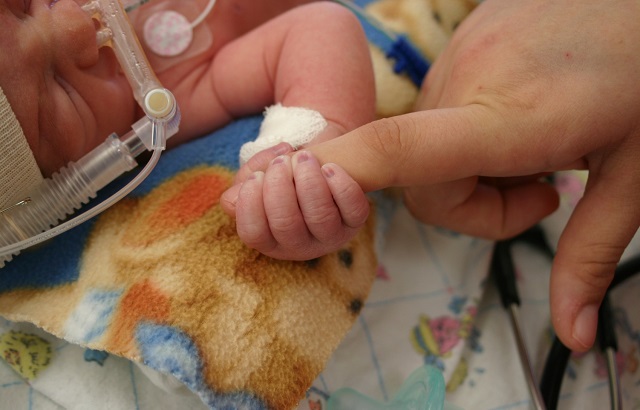
20, September , 2022
Dr Heather McMullen, Lecturer at Queen Mary's Centre for Public Health & Policy, has co-written for The Conversation on her research into Birthstrike and its flaws before the campaign disbanded in 2021.
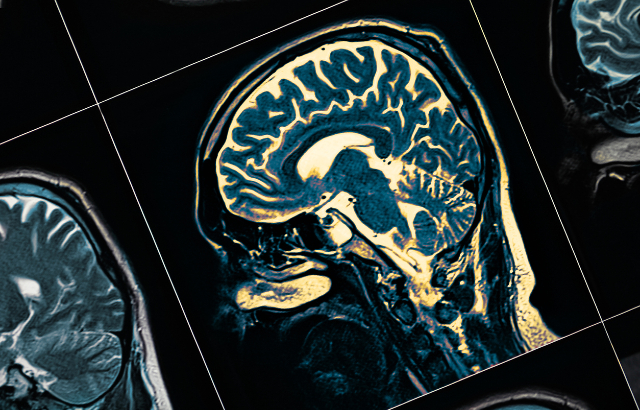
12, September , 2022
James Brunton Badenoch from Queen Mary University of London has written for The Conversation on a new study on the effects of monkeypox.

9, August , 2022
An international collaboration of human geneticists involving researchers at Queen Mary University of London and the Genes & Health study has identified 11 new genomic regions that influence the severity of COVID-19 disease.

22, August , 2022
Redbridge Council has this week announced that Queen Mary University of London will be opening a satellite campus for the teaching of medicine in the heart of Ilford.
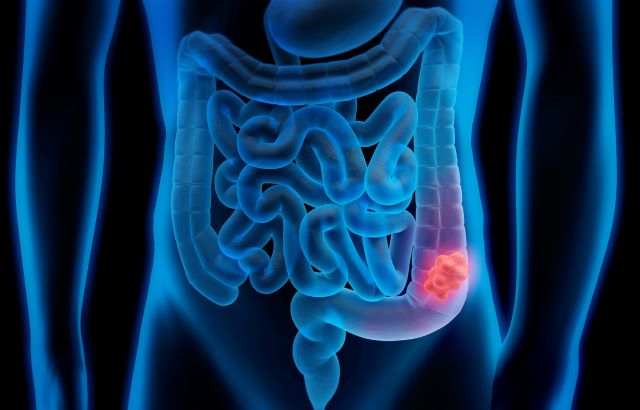
17, August , 2022
Research suggests that a solution for clearing the backlog of patients in the bowel cancer screening programme awaiting colonoscopy appointments is to raise the blood level on the test that triggers a colonoscopy invitation.
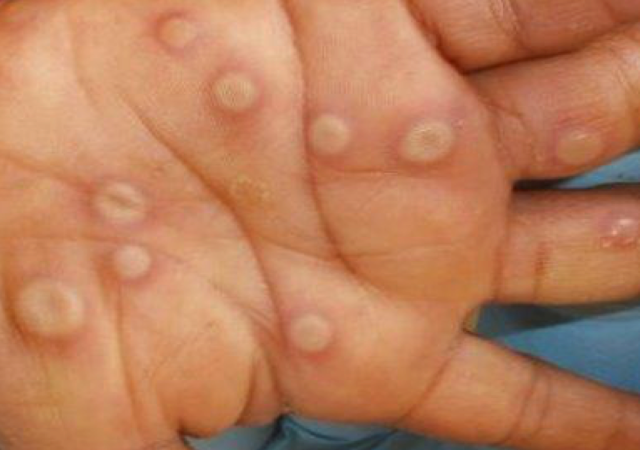
3, August , 2022
Professor Chloe Orkin has written for The Conversation on monkeypox, discussing how it spreads, public health messaging, and the importance of vaccinations.

21, March , 2022
qMIDS, the world’s first rapid oral cancer test, has been developed by Queen Mary University of London and an international team of researchers. It has the potential to relieve pressure on the NHS and may improve the early detection of oral cancer.

21, July , 2022
An international collaboration of clinicians led by Queen Mary University of London has identified new clinical symptoms in people infected with monkeypox in the largest case study series to date.
-Breast-screening-640.jpg)
19, July , 2022
The NHS Breast Screening Programme in England has shown little, if any, evidence of overdiagnosis according to a new study from Queen Mary University of London and King’s College London researchers, funded by the National Institute for Health and Care Research.

7, July , 2022
Interim data from a community-based monkeypox (MPXV) survey demonstrates an overwhelming demand for monkeypox vaccine and vaccine-roll-out, especially amongst those who consider themselves to be at risk-of MPXV.
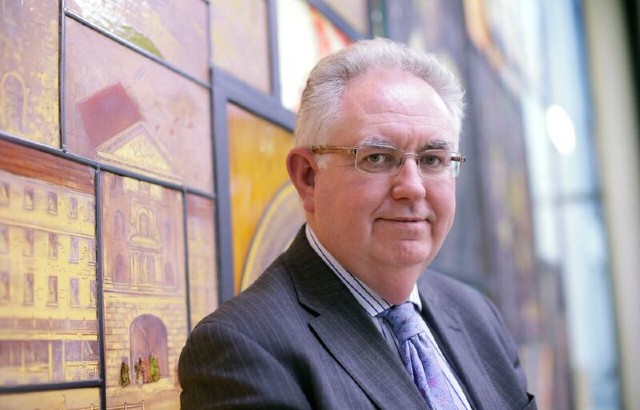
1, July , 2022
Professor Sir Mark Caulfield, Vice Principal for Health at Queen Mary University of London has received an honorary degree from Queen’s University Belfast.
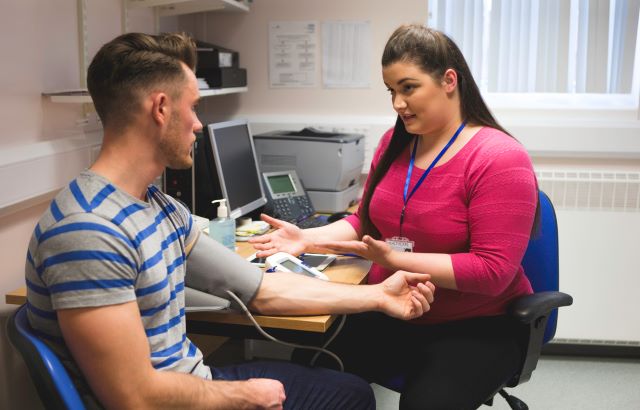
29, June , 2022
Researchers at Queen Mary University of London found that only half of patients regularly see the same GP, despite increasing evidence that continuity of care between GPs and patients leads to better outcomes.
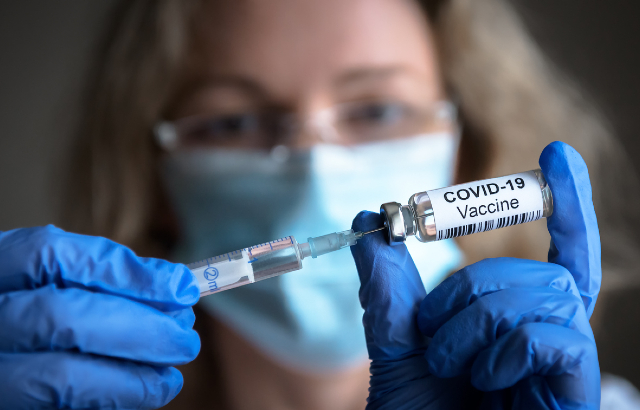
28, June , 2022
A major clinical trial, involving researchers from Queen Mary University of London and led by the University of Nottingham, has found that by interrupting the treatment of vulnerable people on long-term immune suppressing medicines for two weeks after a COVID-19 booster vaccination, their antibody response to the jab is doubled.
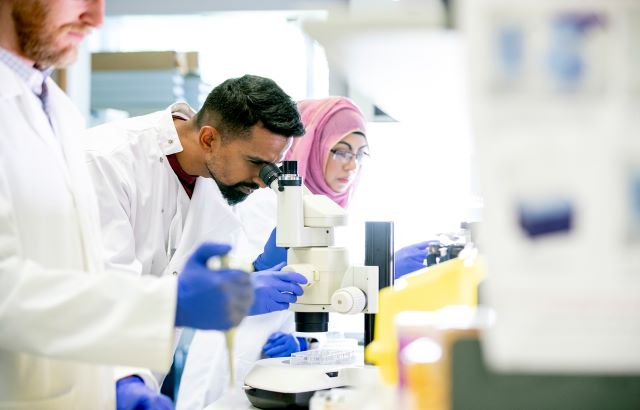
22, June , 2022
Barts Chairty have invested over £3.1m in funding to further develop the Clinical Trials Unit at Barts Health NHS Trust and Queen Mary University of London.

21, June , 2022
An artwork by Queen Mary University of London cancer researcher, Professor Tyson Valentine Sharp, has been selected for display in Room VIII at the Royal Academy of Art’s prestigious Summer Exhibition.
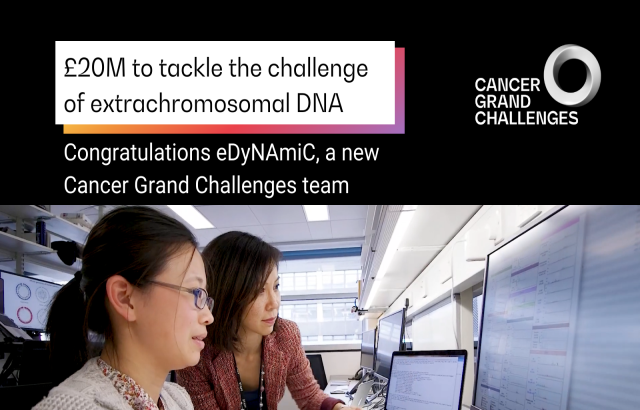
16, June , 2022
Two researchers from Queen Mary University of London are part of a new world-class team of researchers that has been selected to receive a £20m Cancer Grand Challenges award.

15, June , 2022
Researchers at Queen Mary University of London have found that more than a quarter of asthma patients are still over-using inhalers intended for rapid relief of symptoms.

14, June , 2022
People infected with the Omicron variant show poor immune boosting against future SARS-CoV-2 infection, according to the findings of a study published in the journal Science. The research team, which included researchers from Queen Mary University of London, looked at how the complex patchwork of immunity in the population following vaccination and previous infection influences our future protection against SARS-CoV-2.

13, June , 2022
Researchers from Queen Mary have been awarded £2.67 million in funding to conduct innovative research in the field of metabolism.
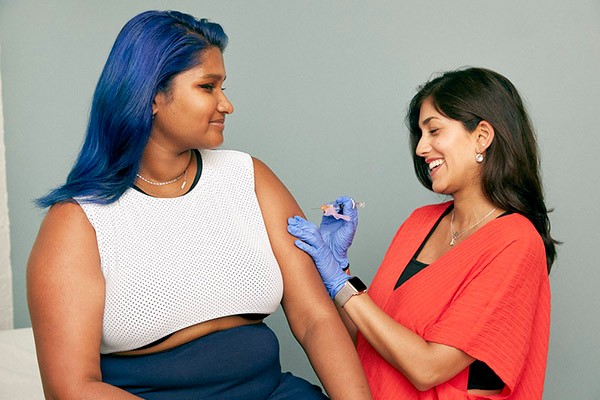
8, June , 2022
Professor Chloe Orkin, Clinical Professor of HIV Medicine at the Blizard Institute, is named as a collaborator on a new project that aims to develop policy on how sex and gender are considered in medical research in the UK.
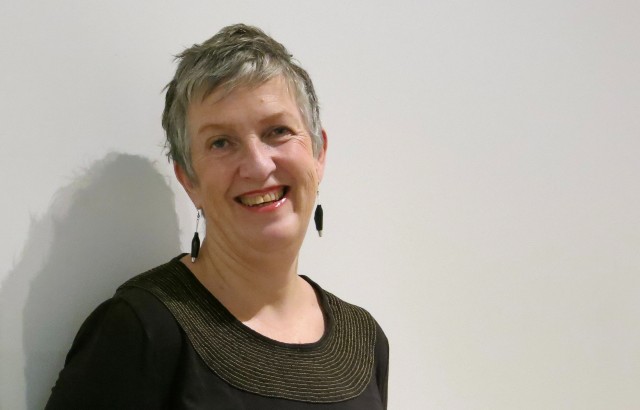
1, June , 2022
Professor Mary Collins, the new Director of Queen Mary University of London’s Blizard Institute, has ambitious plans for expanding our world-leading multidisciplinary research.
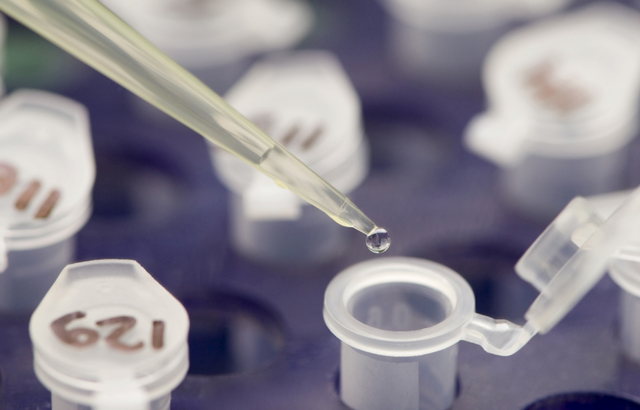
30, May , 2022
Dr Sarah McClelland of Queen Mary University of London is part of a collaborative project that has been awarded £1.2 million in funding from the Medical Research Council (MRC) to investigate the mechanisms leading to cancer development in cells infected with human papillomavirus (HPV).

20, May , 2022
Dr Dipesh Gopal from Queen Mary's Wolfson Institute of Population Health has written for The Conversation giving advice for young people with long Covid.

19, May , 2022
New research from Queen Mary University of London, published in Nature Medicine, has shown that molecular profiling of the diseased joint tissue can significantly impact whether specific drug treatments will work to treat rheumatoid arthritis (RA) patients.
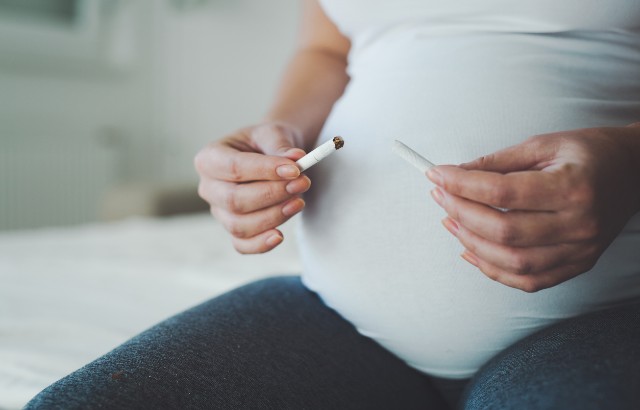
16, May , 2022
E-cigarettes are just as safe as nicotine patches for pregnant women and may help more women stop smoking, new research from Queen Mary University of London suggests. The study, which was published in Nature Medicine, is the first to examine the safety and efficacy of e-cigarettes among pregnant smokers.

4, May , 2022
Researchers from Queen Mary University of London have combined evidence from 110 previous Covid-19 studies and found that unvaccinated individuals who contract the virus when they already have high blood pressure, diabetes or major heart damage are up to nine times more likely to suffer serious outcomes - including death, lung failure, admission to intensive care and kidney problems.

27, April , 2022
Scientists from Queen Mary University of London and Barts Health NHS Trust are trialling an investigational medication for high blood pressure (hypertension) in a clinical study which will give patients an injection of the medication every 6 months.
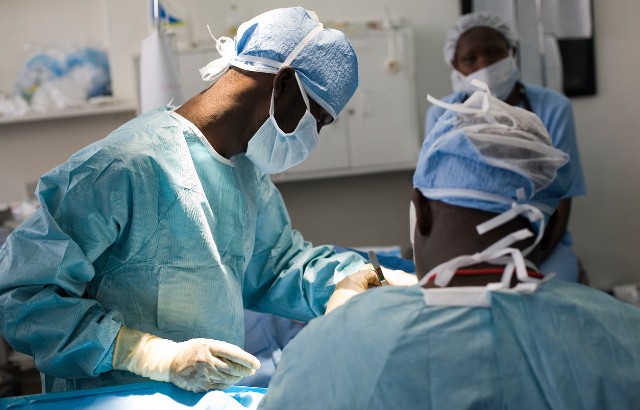
19, April , 2022
A team of Queen Mary and African researchers have successfully secured almost £3 million in funding for a new research programme led by Queen Mary’s Professor Rupert Pearse and Professor Bruce Biccard from the University of Cape Town, South Africa.

4, April , 2022
Dr Jessica Potter from Queen Mary's Faculty of Medicine and Dentistry has co-written for The Conversation on Russia's invasion of Ukraine threatening the fight against tuberculosis.
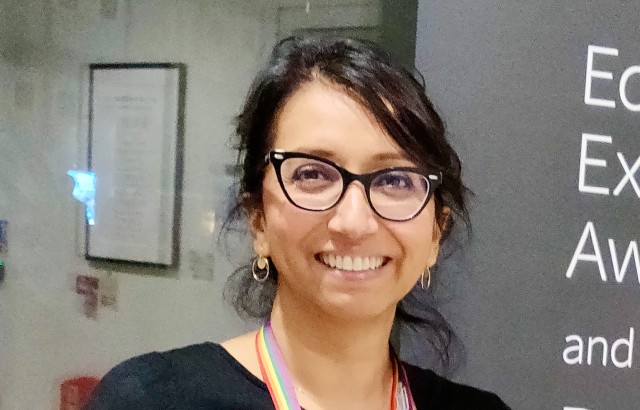
30, March , 2022
As the new Institute Director for the Institute of Health Sciences Education (IHSE) at Queen Mary, Arunthathi brings a wealth of expertise and knowledge.

29, March , 2022
Testing patients for genetic variations that affect how their body will respond to common medicines must be integrated fully, fairly and swiftly into the NHS, according to a report published today. The report is by the British Pharmacological Society, whose President-elect is Queen Mary University of London’s Vice Principal for Health Professor Sir Mark Caulfield, and the Royal College of Physicians. Dr Emma Magavern, a clinician at Queen Mary, is also one of the report’s co-authors.

25, March , 2022
Dr Dipesh Gopal from Queen Mary University of London’s Faculty of Medicine and Dentistry will be involved in a £119,634 project that will reveal the lived experiences of people with long COVID specifically in ethnic minority groups.

15, March , 2022
Genes & Health study, a project led by Queen Mary University of London, has hit a key milestone with 50,000 research volunteers now participating nationally to help address the under-representation of South Asian communities in genetic research.

8, March , 2022
Researchers from Queen Mary University of London have been selected by UK Research and Innovation (UKRI) to create new networks aimed at transforming ageing research in the UK.
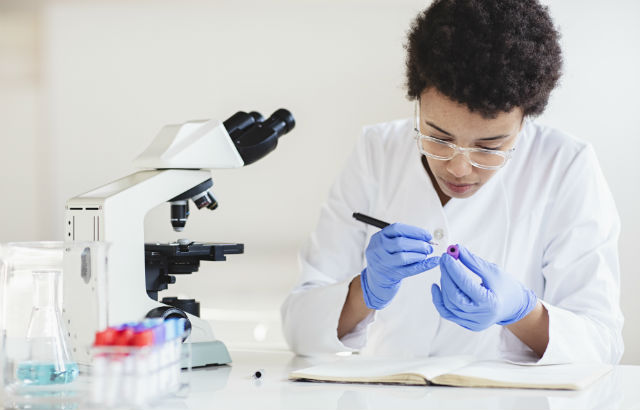
7, March , 2022
Queen Mary University of London and Barts Health NHS Trust have received £1 million in funding from the National Institute for Health Research (NIHR) to integrate five Clinical Research Facilities (CRFs) and 18 disease-specific research groups into a combined CRF team. The team will operate at various sites within Barts Health NHS Trust and Queen Mary University of London across east London.
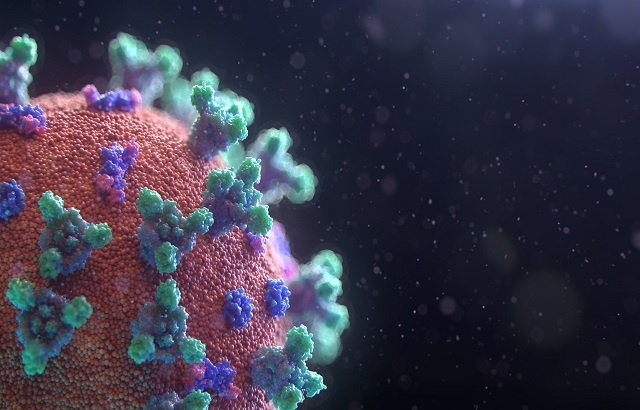
7, March , 2022
Queen Mary University of London has contributed to the world’s largest study of the genetics of critical Covid-19, involving more than 57,000 people, and revealed fresh details about some of the biological mechanisms behind the severe form of the disease.

10, February , 2022
The study by Queen Mary University of London and the Budapest Semmelweis University has shown that having up to three cups of coffee a day is associated with a protective effect on heart health. It is also associated with a reduction in the overall mortality rate and the risk of stroke. The results have recently been published in the European Journal of Preventative Cardiology.
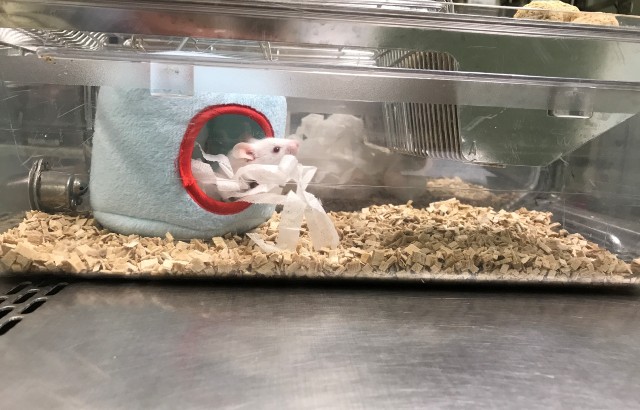
1, March , 2022
Researchers from Queen Mary University of London have found that socially housed mice have healthier immune systems than those who are socially isolated – who are more susceptible to longer term issues due to an altered immune system that comes from living alone.
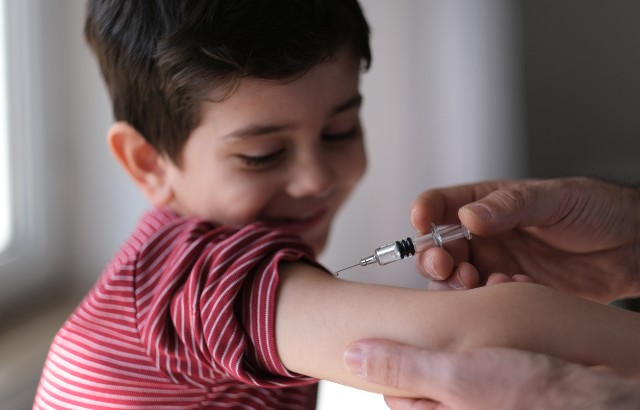
2, March , 2022
By Carol Dezateux, Professor of Clinical Epidemiology and Health Data Science at the Clinical Effectiveness Group (CEG), Queen Mary University of London

23, February , 2022
New research led by Queen Mary University of London and Barts Health NHS Trust suggests that biochemical analysis of brain tissue could be used for diagnosis and prognosis of severe traumatic brain injury (TBI) to improve patient outcomes and save billions in future clinical trials.

21, February , 2022
Last October, the U.S. Food and Drug Administration (FDA) finalised a set of short-term, voluntary goals for lowering salt levels in foods—five years after they were proposed in 2016. A new study published today in Hypertension—a journal published by the American Heart Association – involving Queen Mary University of London researchers shows the delay cost thousands of lives and concluded that if the food and restaurant industries would have adopted the lower salt levels presented in FDA’s proposed two-year and 10-year targets on schedule, as many as 265,000 lives could have been saved between 2017 and 2031.

17, February , 2022
Scientists have found whole genome sequencing (WGS) can quickly and accurately detect the most common inherited neurological disorders – something previously thought to be impossible – with the results supporting the use of WGS as a standard diagnostic tool within routine clinical practice.

10, February , 2022
An immunotherapy drug called ‘pembrolizumab’ has been shown to significantly reduce disease recurrence in patients with the most aggressive type of breast cancer, according to results from a phase III clinical trial led by Queen Mary University of London and Barts Health NHS Trust.
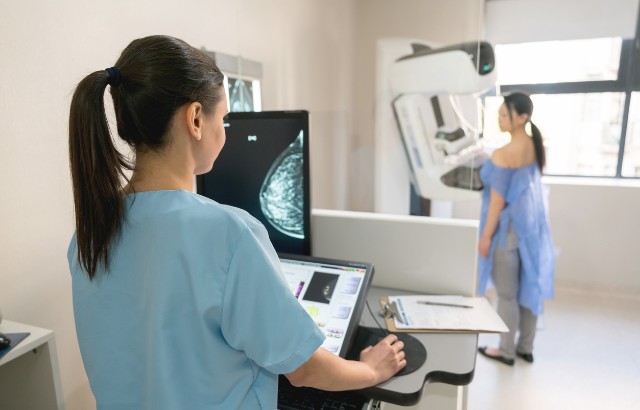
11, February , 2022
A new study led by Queen Mary University of London, published in the Journal of Medical Screening, has found that using a longer interval between screens but a higher uptake in the NHS screening programme for breast cancers could detect more cancers early than with the current interval and uptake rates. For example, a four year interval with 62% uptake would lead to 295 screen detected cancers per 10,000 invited, compared with 222 cancers with a 3-year round.

11, February , 2022
People from ethnic minority groups and socioeconomically deprived areas face higher risks of developing dementia, according to new research from Queen Mary University of London published today in The Lancet Regional Health Europe.

10, February , 2022
A new study published in The BMJ and carried out by researchers funded by the National Institute for Health Research (NIHR) at Queen Mary University of London and The George Institute for Global Health at Peking University Health Science Center, has shown that schoolchildren can help their families to successfully reduce salt intake via smartphone app-based learning.

18, January , 2022
Queen Mary’s Institute of Dentistry recently hosted a virtual Q&A session with England’s Deputy Chief Medical Officer, Professor Sir Jonathan Van-Tam.

1, February , 2022
Professor Manu Raj Mathur will join Queen Mary University of London’s Centre for Dental Public Health and Primary Care on 1 February 2022 as Professor of Dental Public Health.

2, February , 2022
A new study involving Queen Mary University of London researchers has explored how preprints compare with their published versions.

2, February , 2022
Researchers from Queen Mary University of London have been awarded £3 million funding from the National Institute for Health Research (NIHR) to encourage earlier cancer diagnosis in Southern Africa.

14, January , 2022
A recent study shows that optimising medicines for high blood pressure and cardiovascular disease patients living in East London could reduce lifetime hospital costs and prevent cardiovascular events such as heart attacks and strokes.